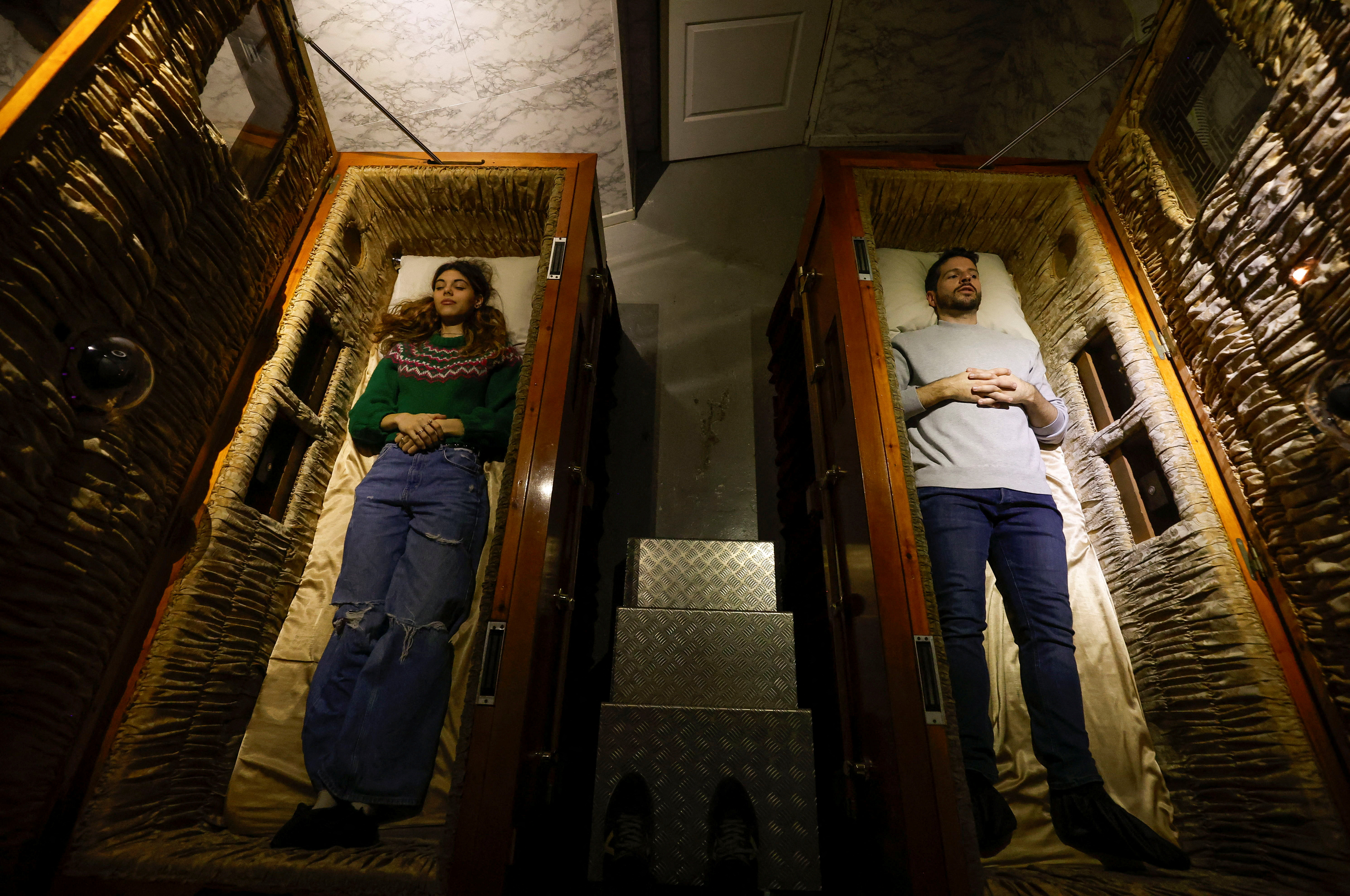Discover the Best Escape Room in Minneapolis-- Schedule Your Experience
Discover the Best Escape Room in Minneapolis-- Schedule Your Experience
Blog Article
Group Approaches: How to Collaborate Successfully in a Getaway Area
Navigating the intricacies of a getaway space requires even more than simple enthusiasm; it requires a well-coordinated method based in clear communication, strategic role projects, and skilled time management. Teams have to actively pay attention per member's understandings, appoint roles that straighten with private staminas, and keep normal check-ins to ensure emphasis and prevent redundancy. By fostering a setting that values cohesion and adaptability, groups can significantly enhance their effectiveness and success rates. The subtleties of these methods can change the experience, but how specifically can they be applied to optimize the capacity for success?
Establish Clear Communication

To assist in clear interaction, it is vital to designate a central factor of contact for info dissemination. This role entails summarizing searchings for and suggested strategies to guarantee every person stays on the very same page. Additionally, adopting an organized technique to discussions can avoid chaotic exchanges. As an example, brief, concentrated updates from each employee can keep the team notified without frustrating them with info.

Assign Roles Strategically
While clear interaction establishes the foundation for effective synergy, designating roles tactically guarantees that each employee's staminas are utilized efficiently. In a getaway area circumstance, the time-sensitive and intricate nature of challenges demands a well-organized method to task delegation. By recognizing and leveraging private expertises, groups can maximize their analytic capacities and improve overall performance.
First, evaluate the one-of-a-kind skills and qualities of each participant. A person with a keen eye for detail may stand out in finding surprise things, while a sensible thinker can be better fit to fixing challenges. It's similarly crucial to have a leader who can look after progression, take care of the timeline, and make decisive calls when essential. This role often calls for strong business and social skills.
Second, make sure that functions are adaptable and versatile. As new challenges arise, the team should have the ability to pivot, reapportioning jobs as required. This flexibility assists preserve momentum and avoids traffic jams that could take place as a result of stiff role jobs.
Inevitably, a strategic strategy to function project not only takes full advantage of the strengths of each staff member but also cultivates a cohesive setting, driving the group in the direction of a her comment is here successful retreat.
Utilize Diverse Skills
Identifying and taking advantage of the varied skills within your team can considerably boost your efficiency in a retreat space. Each group member brings special strengths to the table, and successfully leveraging these abilities can speed up analytic and enhance general effectiveness. For example, an employee with solid analytical skills may stand out at understanding complex codes or patterns, while another with eager empirical capacities might swiftly identify covert ideas that might overlook.
Motivate team participants to voice their insights and ideas immediately, making certain that all potential options are taken into consideration. Additionally, appointing jobs that align with each participant's staminas can protect against bottlenecks and ensure that progress is continuous.
In addition, variety in abilities usually translates to diversity in thinking styles, which is very useful in a getaway space setup. While some difficulties may call for logical reasoning and accuracy, others may take advantage of imaginative click over here now and association of ideas. By identifying and leveraging this diversity, groups can deal with a broader series of challenges much more efficiently, consequently boosting their chances of an effective retreat.
Manage Time Properly

Identify visible puzzles and split tasks based on group participants' toughness, making sure that nobody is idle. This method can aid maintain the group focused and prevent time from sliding away unnoticed.
Additionally, avoid one-track mind. If a problem is taking too long, turn staff member or carry on to another difficulty, returning later on with fresh viewpoints. Interaction is vital-- keep everyone upgraded on fixed challenges and continuing to be jobs to stay clear of redundant efforts.
Last but not least, use any hints or ideas useful site sparingly yet purposefully - best escape room. Recognizing when to request help can conserve useful time. By adhering to these time monitoring concepts, groups can substantially boost their possibilities of an effective and pleasurable escape room experience
Debrief and Mirror
Representation is an important facet of team advancement and improvement in the context of escape rooms. Once the obstacle is finished, whether efficiently or not, it is important for the team to participate in an organized debriefing session. This process permits team participants to assess their efficiency, recognize staminas, and identify areas for renovation.
Begin the debrief by discussing what went well. Highlight specific instances of reliable interaction, problem-solving, and collaboration. Acknowledging these positive habits enhances them and urges their rep in future obstacles.
Discuss moments of complication, miscommunication, or inadequate approaches. Encourage an open and constructive dialogue where group participants can share their point of views without worry of criticism.
Conclusion
In conclusion, successful cooperation in a retreat room is predicated upon clear communication, critical duty tasks, the effective usage of diverse abilities, and proficient time monitoring. Routine check-ins and structured debriefings are vital for maintaining emphasis and promoting continuous improvement. By developing a natural and adaptive group atmosphere, the chance of successfully resolving puzzles and attaining the goal of leaving the room is significantly boosted. This technique not only ensures success yet additionally promotes cumulative development and knowing.
Report this page